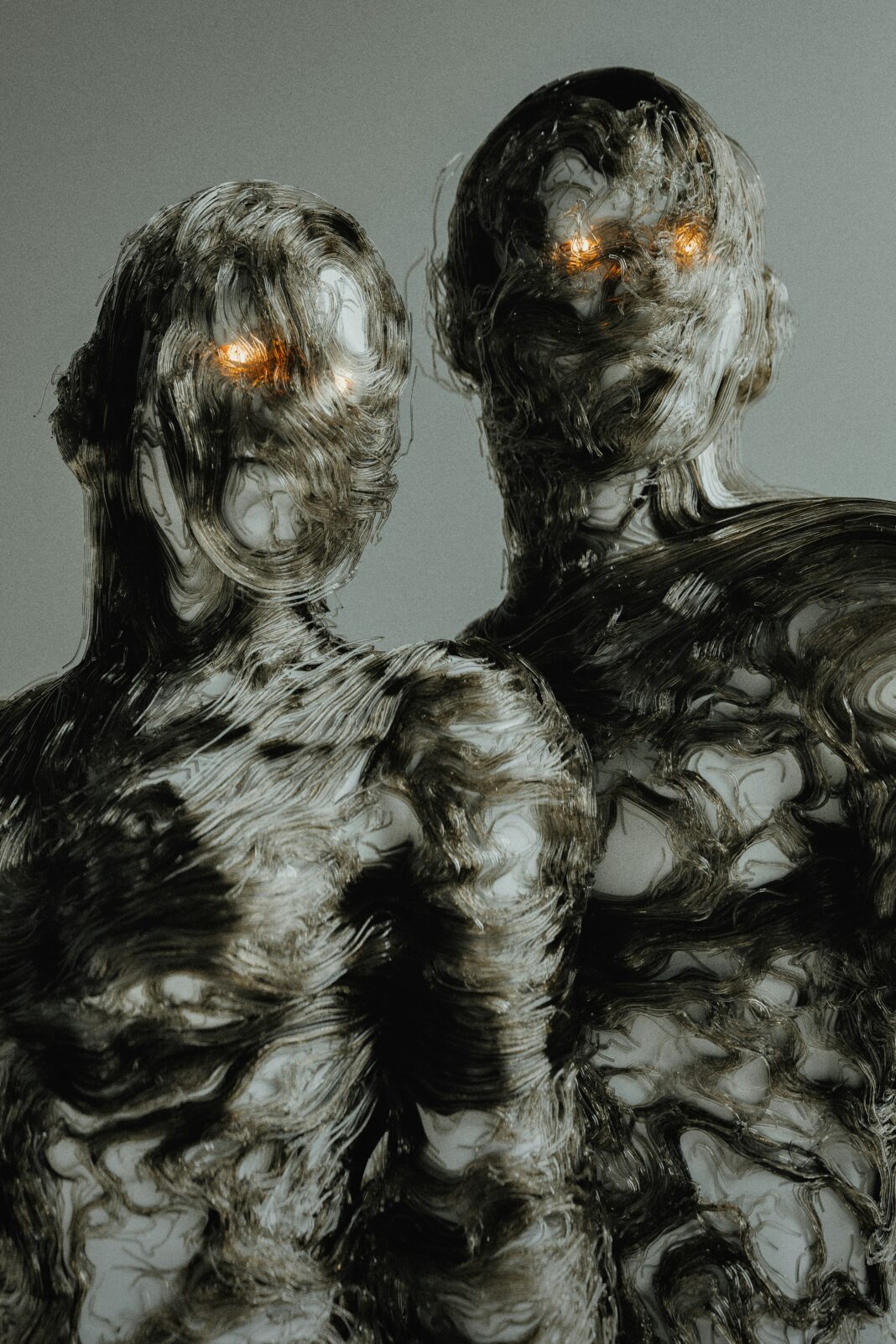The Metamorphosis is a literary classic, that is bizarre yet introspective.
and frankly, disorienting.
Imagine you wake up one day as a giant bug and realize your life is about to become way more complicated. This story is about Gregor Samsa, a man tired from the bustles of daily life. A surreal exploration of alienation, identity, family dynamics, and the human condition is what follows. And I’ll stop there. no spoilers here!
However, despite its seemingly nonsensical premise, The Metamorphosis explores themes that resonate with universal truths, making it one of the most analyzed and enduring works of 20th-century literature.
More than a physical transformation, it concerns the reality of emotional alienation that many people feel, particularly in the face of societal expectations.
Patience Is Required; It’s Not for Everyone
I’ll be honest– while it contains themes of universal truth, it’s not going to be a universal favourite. It’s a book that demands your patience like a petulant child—and it will test your resolve. You can’t rush through it, and you certainly can’t just skim. If you believe you’re going to “get it” the first time around, think again. Seriously think again.
It was only after the second read (maybe even the third) that I began to appreciate the subtlety and the layers of meaning Kafka packed into every sentence. Trust me, it grows on you!
Enough of the negativity, Here’s my review!
I LOVED the way the author, Franz Kafka, managed to paint a haunting picture of isolation and the inexorable passage of time. A part that I particularly enjoyed was the role of Gregor’s sister, Grete.
At first, she’s the only one who seems to care for Gregor after his “make-over”. She fed him and cleaned his room. What more could a bug ask for?
But, alas, over time, she, too, becomes hardened by the obligation of caring for someone who’s no longer a person, but a burden.
Yes, it was sad, but it was so painfully human. This story absolutely nails human nature and family dynamics and how we can go from love to apathy in a woeful matter of minutes. Grete’s descent from compassion to detachment is like a mirror of Gregor’s own journey, and it’s a tragic reminder of how we all evolve (or devolve) under pressure.
In the End
The Metamorphosis isn’t the most straightforward read, but if you appreciate intricate, multi-layered characters (and let’s be honest, who doesn’t?), it’s worth the effort. Kafka’s cleverness is in the subtlety—his ability to take an ostensibly wild situation and turn it into a profound questioning of the human experience.
And if you hate it? Well, at least you can say you’ve read it and have the perfect literary excuse to seem pretentious. (At least that’s what I did)
Totally Kidding, I loved this book!
Or did I?
I did. I liked it–loved it even. I’ll stop my hilarious joke now.


